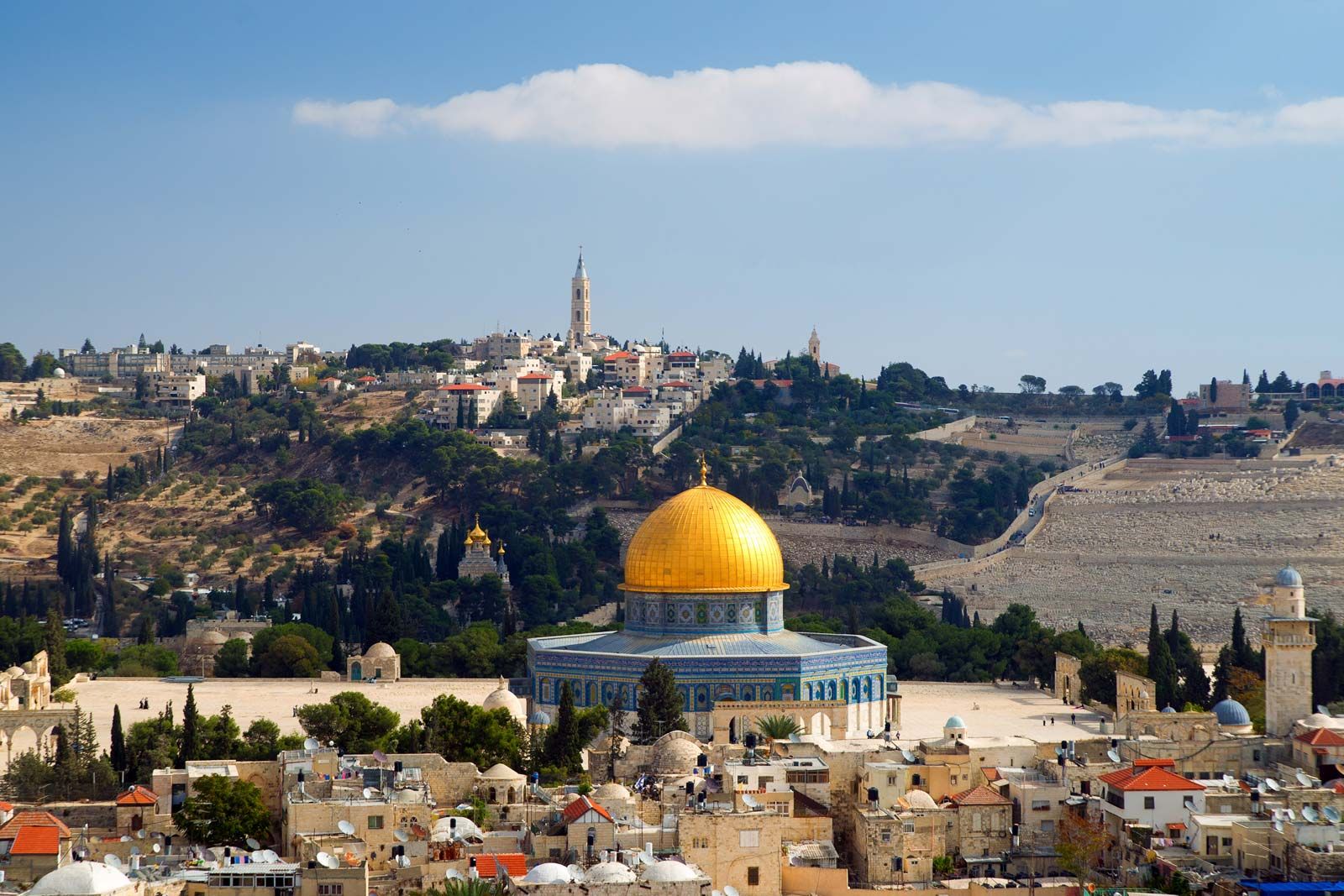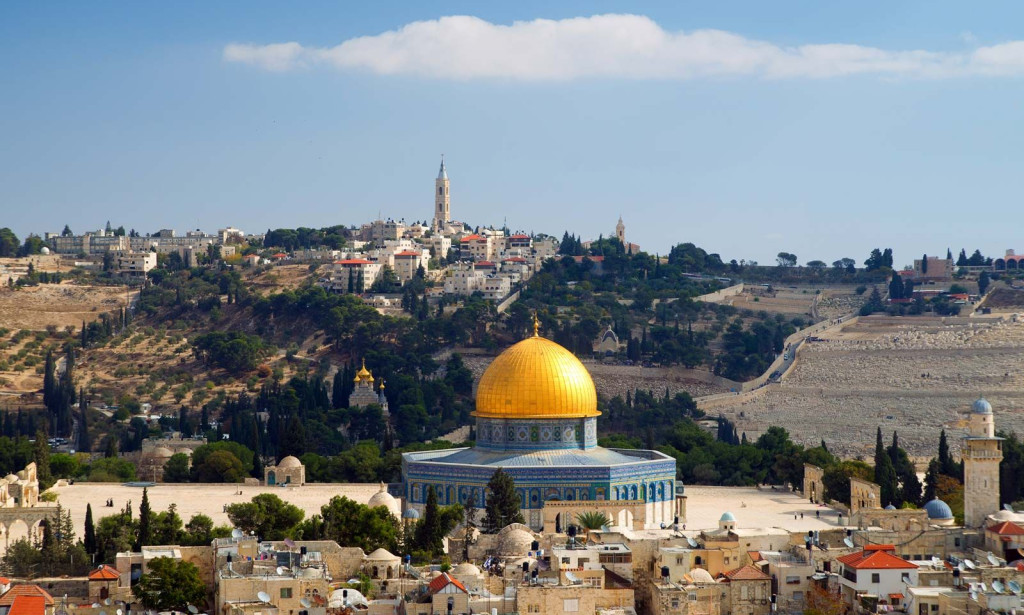 Introduction:
Introduction:
The Israeli-Palestinian conflict stands as one of the most enduring and complex geopolitical issues of our time. Rooted in historical, religious, and territorial disputes, it has defied resolution for decades. Amidst this turmoil, the role of the United States has been pivotal, shaping the course of the conflict through its political, military, and diplomatic interventions. This article delves into the multifaceted involvement of America in the war with Palestine, examining its motivations, strategies, and impact on the dynamics of the region.
Historical Context:
The relationship between the United States and Israel dates back to the establishment of the Jewish state in 1948. Since then, America has emerged as Israel's staunchest ally, providing unwavering political and military support. This alliance is underpinned by shared democratic values, strategic interests, and a strong pro-Israel lobby in the United States. Conversely, the Palestinians have sought international recognition and support for their quest for statehood, often viewing the United States as biased towards Israel.
Military Support and Arms Sales:
One of the most tangible aspects of America's involvement in the conflict is its military aid to Israel. Over the years, the United States has provided billions of dollars in military assistance, ranging from advanced weaponry to financial aid for defense programs. This support has bolstered Israel's military capabilities, enabling it to maintain a qualitative edge over its adversaries. However, critics argue that this military aid perpetuates the cycle of violence and undermines efforts for a peaceful resolution to the conflict.
Diplomatic Initiatives:
The United States has played a central role in brokering peace negotiations between Israel and the Palestinians. From the Camp David Accords to the Oslo Peace Process, American diplomats have been actively involved in mediating talks and facilitating dialogue between the parties. However, these efforts have often faltered due to deep-seated mistrust, divergent interests, and the absence of a viable framework for resolving core issues such as borders, refugees, and the status of Jerusalem.
Political Support and Diplomatic Shield:
America's unwavering support for Israel at the United Nations and other international forums has shielded it from censure and sanctions. The United States has consistently vetoed resolutions critical of Israel's actions, citing its right to self-defense and the need to preserve stability in the region. This diplomatic shield has emboldened Israel to pursue its policies with relative impunity, including military operations in Gaza and the expansion of settlements in the West Bank.
Humanitarian Assistance and Development Aid:
Despite its close alliance with Israel, the United States has also provided humanitarian assistance and development aid to the Palestinian people. This aid aims to alleviate poverty, improve infrastructure, and promote economic development in the Palestinian territories. However, critics argue that such assistance is insufficient to address the root causes of the conflict, namely the ongoing occupation, blockade, and lack of political sovereignty.
Regional Dynamics and Geopolitical Calculations:
America's role in the Israeli-Palestinian conflict cannot be divorced from broader regional dynamics and geopolitical calculations. The rise of non-state actors such as Hamas and Hezbollah, the influence of regional powers like Iran and Saudi Arabia, and the shifting sands of alliances in the Middle East all shape the context in which the conflict unfolds. As such, American policy towards Israel and Palestine is often driven by strategic imperatives, including the containment of Iran, counterterrorism efforts, and the stability of key allies in the region.
Challenges and Opportunities for Peace:
Despite decades of conflict and failed peace initiatives, there are glimmers of hope for a resolution to the Israeli-Palestinian conflict. The normalization agreements between Israel and some Arab states, such as the UAE, Bahrain, and Sudan, signal a shift in regional dynamics and potential opportunities for broader peace efforts. Moreover, grassroots movements, civil society initiatives, and international pressure for a just and equitable solution continue to exert pressure on all parties to negotiate in good faith.
Conclusion:
The role of America in the war with Palestine is multifaceted, reflecting a complex interplay of politics, diplomacy, and power dynamics. While its unwavering support for Israel has bolstered its security and diplomatic standing, it has also perpetuated the cycle of violence and hindered efforts for a peaceful resolution to the conflict. Moving forward, a comprehensive and inclusive approach that addresses the legitimate grievances and aspirations of both Israelis and Palestinians is essential for achieving lasting peace and stability in the region. As the world watches, the question remains: will America seize the opportunity to be a catalyst for peace or continue to perpetuate the status quo?



You must be logged in to post a comment.